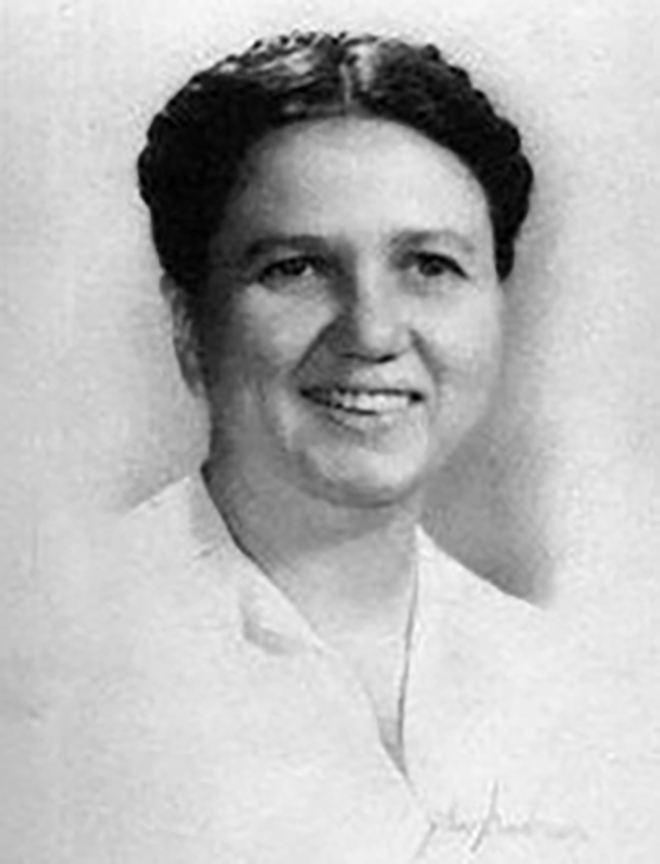« Back to Composer Index
Ruth Crawford Seeger
Info
07/03/1901
East Liverpool, Ohio
11/18/1953
Chevy Chase, Maryland
USA
20th Century
Chamber, Piano
East Liverpool, Ohio
11/18/1953
Chevy Chase, Maryland
USA
20th Century
Chamber, Piano
Biography
Ruth Porter Crawford was born on July 3, 1901 in East Liverpool, Ohio. Her father was a Methodist minister and throughout her childhood her family lived in many different parsonages. At the age of 11 Ruth began to study the piano. In 1921, Ruth went to the American Conservatory of Music in Chicago, for a one year piano course, but soon began studying composition under the instruction of Adolph Weidig. When she decided to write her own music she was mocked by men who thought composition was too intricate for the female mind. Ruth ignored naysayers and her first compositions were published in Henry Cowell's New Music series. Henry Cowell also convinced Ruth that she needed to move to New York City in 1929.
Ruth's first year in New York she studied under Charles Seeger, and soon married him. Through Seeger, Ruth was exposed to the musical concepts of dissonant counterpoint theories, the advocacy of heterophony, the extension of serialization, and dissonance to all parameters of music. All of these theories greatly influenced the way she wrote her music. In 1930, Ruth Seeger was the first women to receive the Guggenheim Fellowship, allowing her to study in Paris and Berlin.
In 1938, after returning from Europe to America’s Great Depression, Ruth and her husband became activists with the proletarian music movement in New York. Ruth also began looking at American Traditional Music and she wrote/edited many folk songs in her position at the Archive of American Folksong in the Library of Congress.
Ruth's passion soon turned to teaching music to young children. She had four children of her own and raised Seeger’s young children as well, including Pete Seeger who would become a famous folk musician in his own right. By 1950, Ruth Seeger began to compose in her original style, but in 1953 she became ill with cancer and died on November 18, 1953. Ruth Crawford Seeger is considered by many to be the most significant American female composer of her century.
Main Works
Piano:
Nine Preludes for Piano (1924-28)
Suite for Five Wind Instruments and Piano (1927)
Suite No. 2 for Piano and Strings (1929)
Etude in Mixed Accents for Piano (1930)
Chamber Music:
Five Songs, poetry from Carl Sandburg (1929)
Four Diaphonic Suites (1930)String Quartet (1931)
Three Songs for Contra-alto, Oboe, and Percussion (1930-32)
(text from Carl Sandburg’s poetry)Ricercari (1932)
Rissolty, Rissoltry (1948)
(with Charles Seeger for CBS radio production)
Suite for Wind Quintet (1952)


